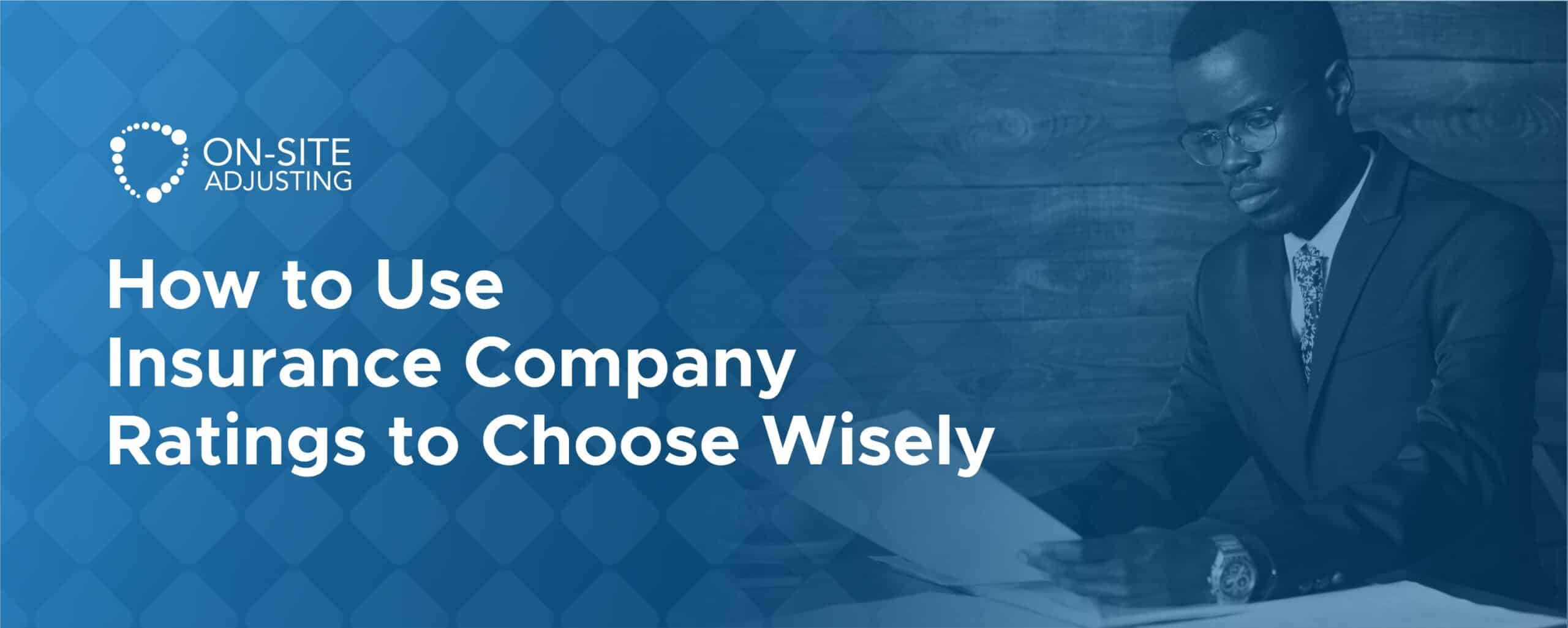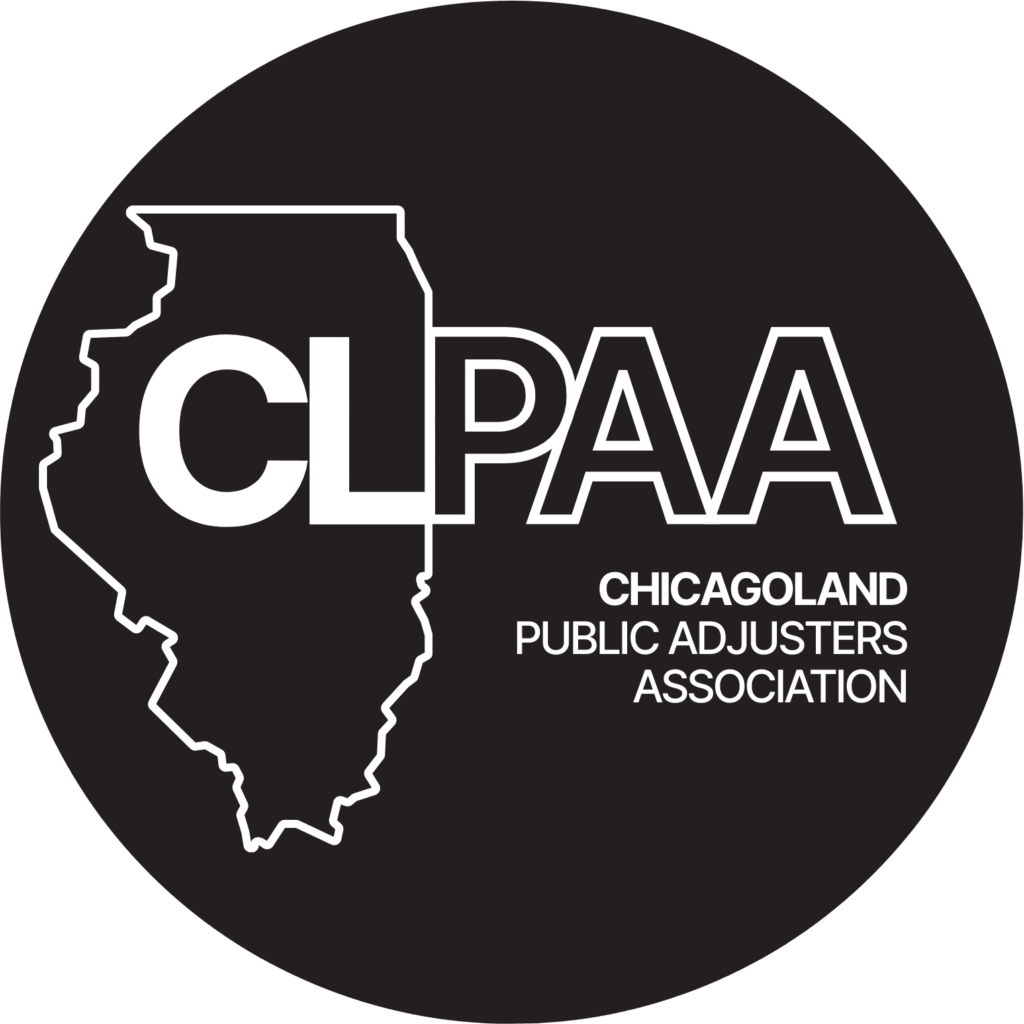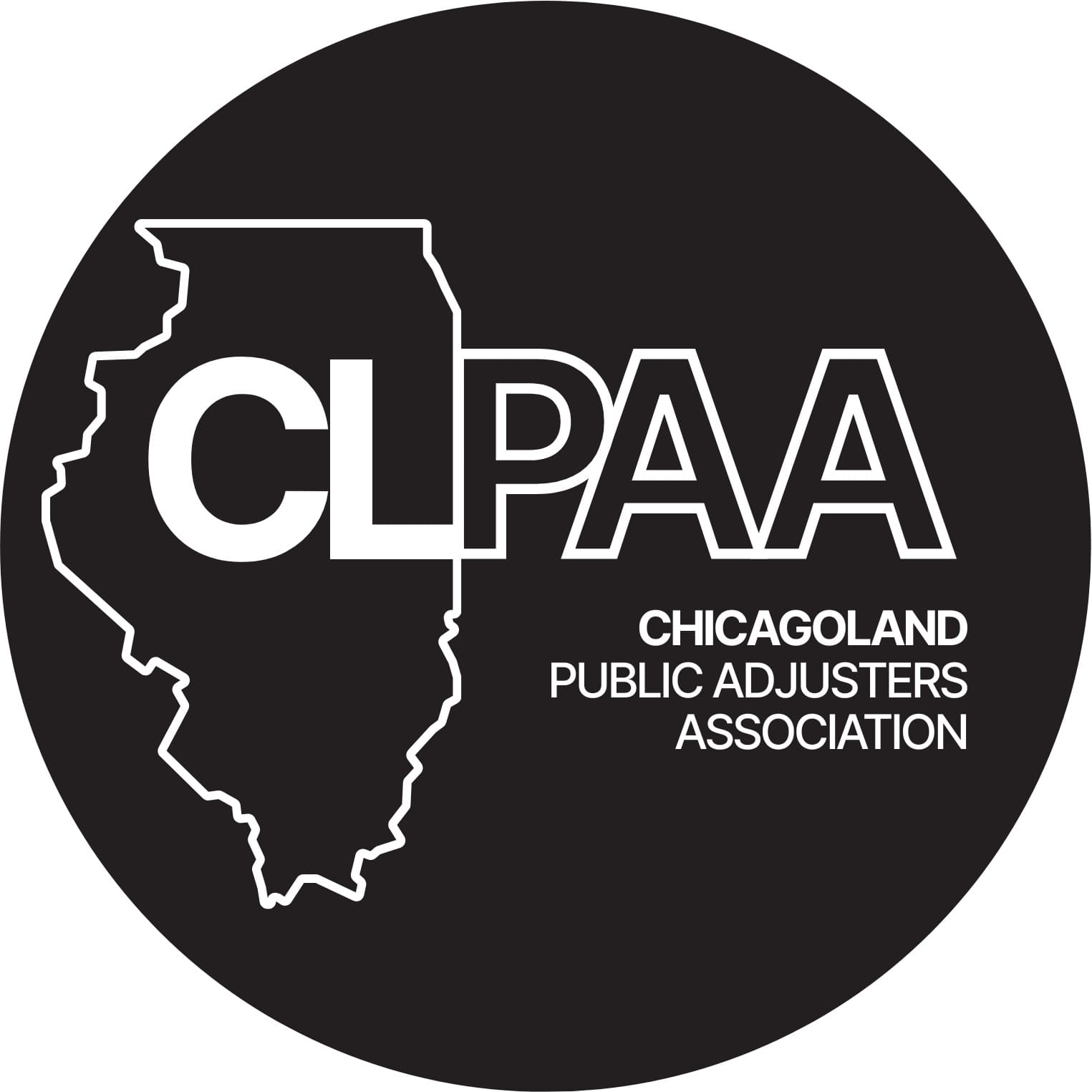
Insurance exists to protect you and your business from loss when certain perils occur. However, if your insurer is not up to standard, you may be stranded even after paying thousands of dollars in premiums. This is why you must be intentional and thorough when choosing your insurance provider. Insurance company ratings can help you make an informed decision.

An insurance company’s ratings can give you great insight as to their areas of strength and weakness. Some ratings focus on financial stability, while others explore customer service. In this article, we will break down insurance company ratings and how to use them to choose wisely.
What are Insurance Company Ratings?
Insurance company ratings are the result of an assessment by an independent agency. These ratings reflect the insurer’s capabilities to pay claims and satisfy consumer demands. However, one insurance company may have different ratings depending on the agency doing the rating. This is because each agency has set standards and metrics for rating insurance companies.
How do Insurance Company Ratings Work?
Agencies issue insurance company ratings based on several factors. For instance, capital reserves and asset quality are often used as a benchmark to determine an insurer’s financial capability. An insurance company with a high rating likely has deep capital reserves and high-quality assets. This means that it can easily pay claims without declaring bankruptcy.
Additionally, many rating agencies consider an insurance company’s operational performance. This includes ethics, risk management policies, administrative practices, and more.
Rating agencies award different scores. For example, some use A++ ratings, while others use AAA. The lowest rating also differs as some agencies have a C as their lowest rating, and others go all the way down to an F.
Who Determines Insurance Company Ratings?
While many independent agencies issue ratings, four are widely respected in the insurance industry. They are AM Best, Moody’s, Fitch, and Standard & Poor’s. However, many now consider Demotech to be a reputable independent agency.
Here is how they rate insurance companies:
AM Best
AM Best has been in the insurance rating industry for years, and its ratings are often considered the most reliable. They mainly focus on financial stability when rating. Their highest rating is A++, which indicates the insurance company’s financial strength and reliability. D is their lowest rating and is considered poor.
Moody’s
While Moody’s rates other kinds of companies, their insurance company credit ratings are still valued within the industry. Unlike AM Best, Moody’s highest rating is Aaa, while their lowest offered rating is a C.
Fitch
Fitch focuses on rating financial institutions, including insurance companies. As you can probably tell, they prioritize financial stability. Their highest rating is AAA, and their lowest is a D.
Standard & Poor’s
Standard & Poor’s ratings do not focus only on the insurance company’s financial capabilities. They also examine the insurer’s willingness to pay out claims. Just like Fitch, Standard and Poor’s offers AAA as its highest rating. However, a D is their lowest rating.
Demotech
Demotech’s insurance company rating system is quite different from that of other agencies. This is because it focuses on an insurer’s ability to survive market downturns. Demotech also specializes in rating small and mid-size insurance companies. They offer an A” as their highest rating and an L as their lowest rating.
How to Use Insurance Company Ratings

You should consider an insurance company’s ratings before purchasing a policy from them. This will help you avoid underpaid or unfairly denied claims. It also protects your investments and businesses.
This is how to effectively utilize an insurance company’s ratings to choose wisely:
Compare Different Ratings
An insurance company may have different ratings from different agencies. Therefore, you shouldn’t rely on just one good rating. For instance, Fitch may give an insurance company an AA- rating, which is pretty good, though it isn’t the highest. However, Moody’s may give that same insurance company a C, their lowest rating.
Know Each Agency’s Metric
Insurance rating agencies prioritize certain metrics when rating an insurance company. You should know the agency’s metric before using their insurance company ratings. For example, if you are keen on having a financially solid insurer, you should lean towards AM Best’s ratings.
You may get confused if you use every single rating agency’s ratings. Therefore, narrow your list to at least two agencies whose ratings you will use. For instance, you may focus solely on Demotech’s and Fitch’s ratings. This makes it easier to decide on an insurer.
Don’t Rely on the Insurance Company’s Website
Insurance companies often post their highest ratings on their websites. This is to portray themselves in a good light, but it can also mislead the average consumer. Thus, ensure you visit different agencies’ websites to determine the insurer’s ratings. This will give you a well-rounded view of the insurer’s capabilities.
An insurance company’s ratings should be fairly consistent between agencies. The insurer should not score really high in one agency and poorly in another.
Read the Agency’s Report
Think of insurance company ratings as a summary of detailed research and surveys. Yes, summaries help you understand information quickly; however, they often leave out important context. Rather than relying on only the rating, check the agency’s report. It contains an explanation of the rating and how they came to that decision. The extra information may influence your choice of insurer.
Pay Attention to Changes in Rating
Insurance company ratings are not unchangeable. Many agencies update their insurance company ratings annually. If your insurance company’s ratings drop dramatically and suddenly, you should consider switching to another insurer. For instance, let’s say an insurer was on an A++ rating from AM Best. Out of the blue, the rating drops down to a D. This shows that the insurer may have experienced serious financial trouble that will affect its ability to pay claims.
Does Every Insurance Company Have a Rating?
Not every insurance company will have an official rating. This is especially so for small and new insurance companies. If your prospective insurer doesn’t have a rating, you will have to do some research on your own. You can check the National Association for Insurance Commissioners and J.D. Power. Both associations review consumer complaints, which can give insight into the insurance company’s customer satisfaction rate.
Conclusion
Insurance company ratings contain valuable information about an insurance company’s liquidity and financial capabilities. You should always opt for an insurance company with a good or excellent rating. This ensures that they have the ability to pay your claim and are also willing to do so.
Avoid relying on the information posted on the insurance company’s website. Instead, visit the specific agency’s website to read their reports. This will give you a clearer view of what to expect when you purchase a policy from the insurance company.
Insurance claims can be a real headache sometimes. Public adjusters exist to cure that headache and take the burden off your shoulders. On-Site Adjusting is a trustworthy and reputable public adjuster that handles all aspects of your claim. Reach out to us today for a free consultation.












